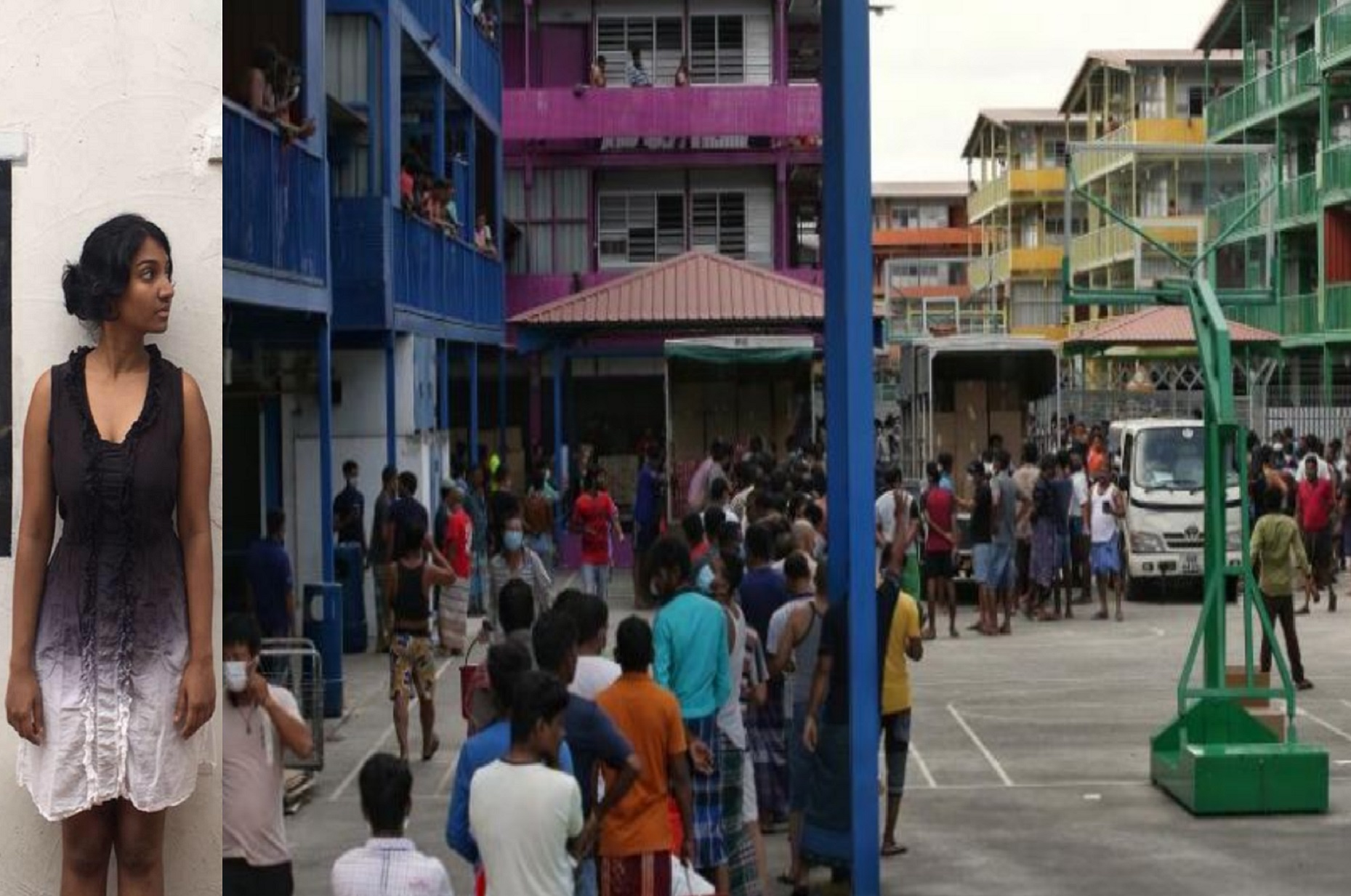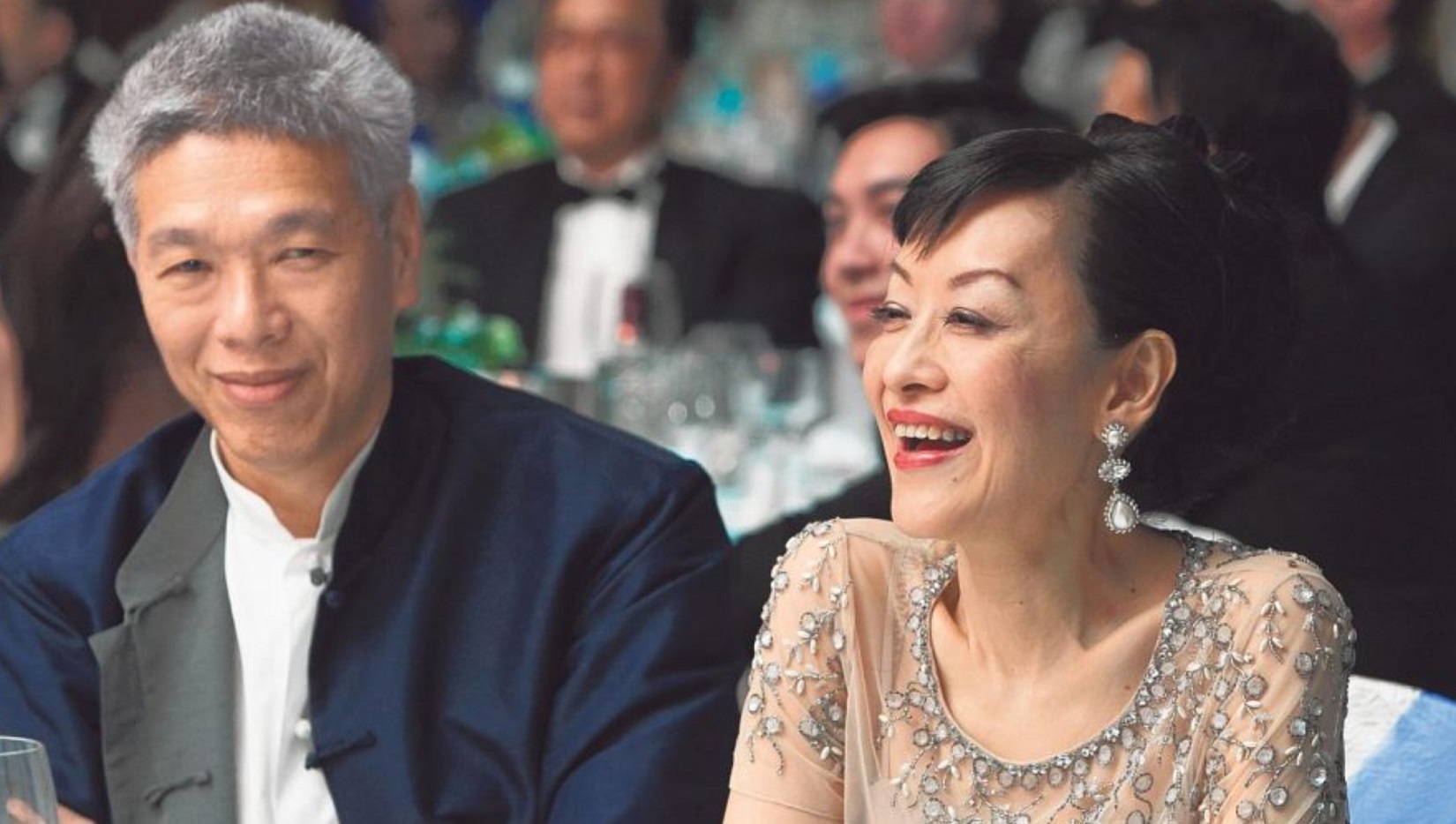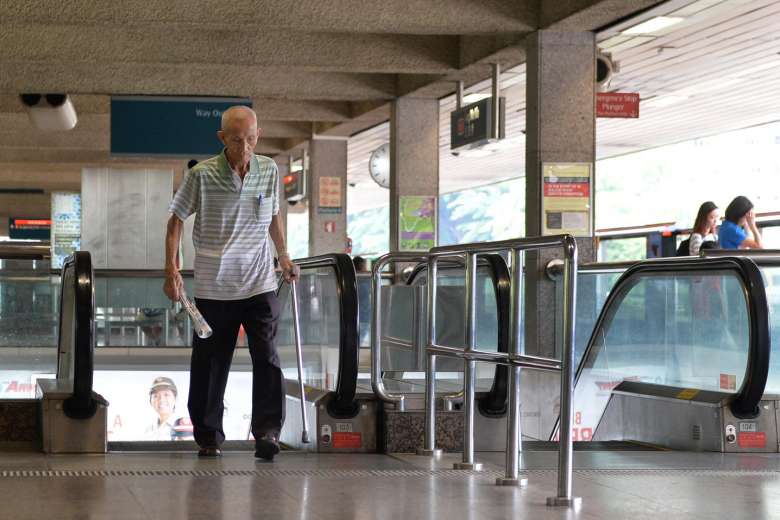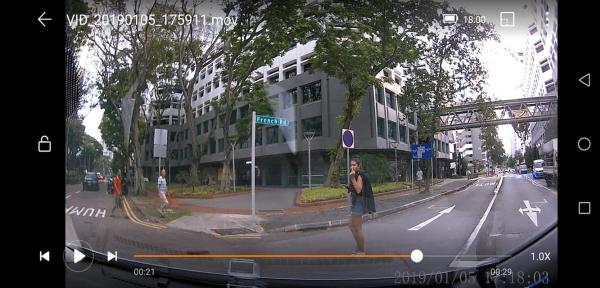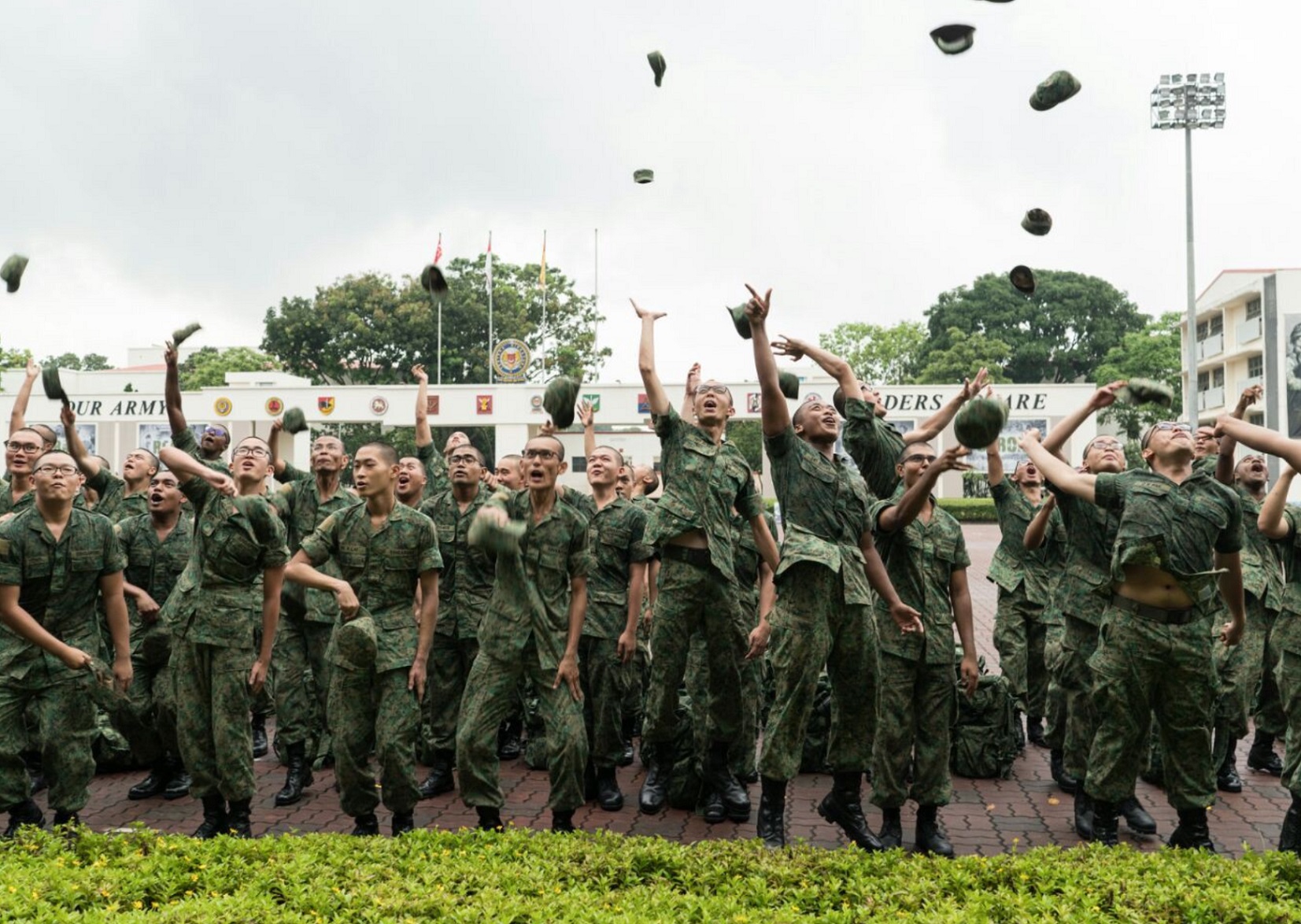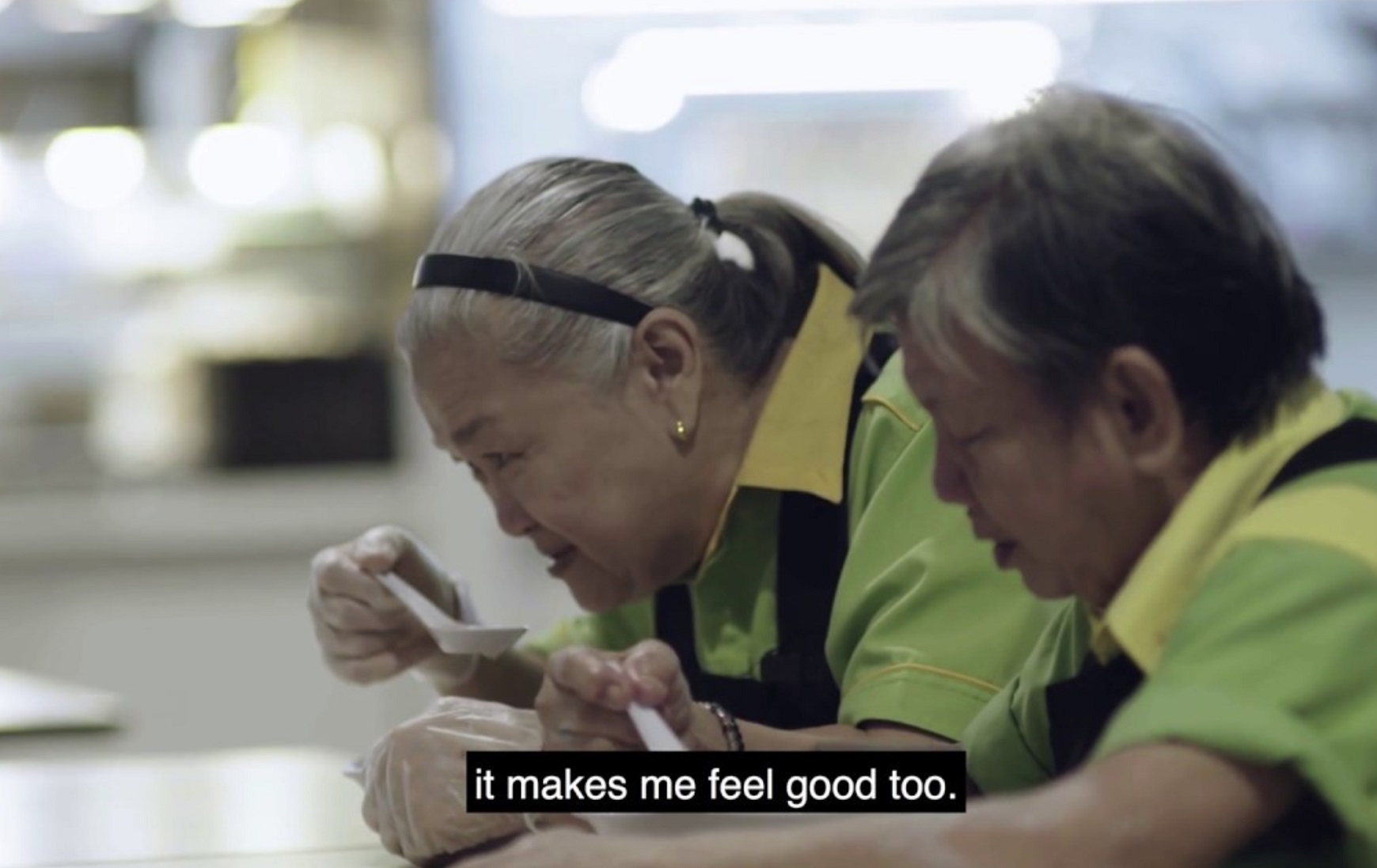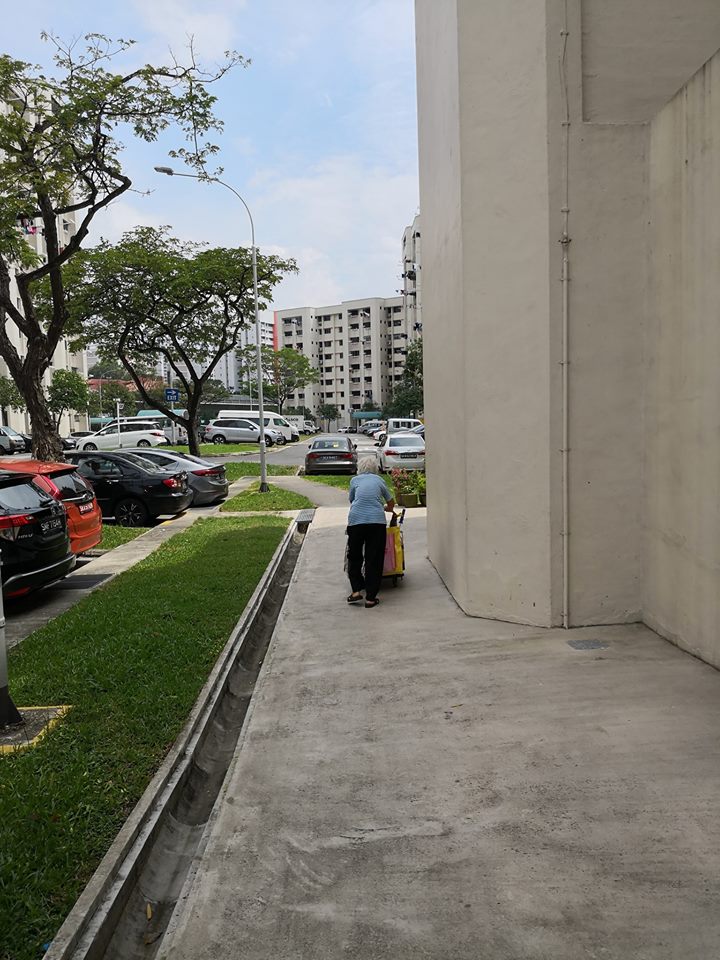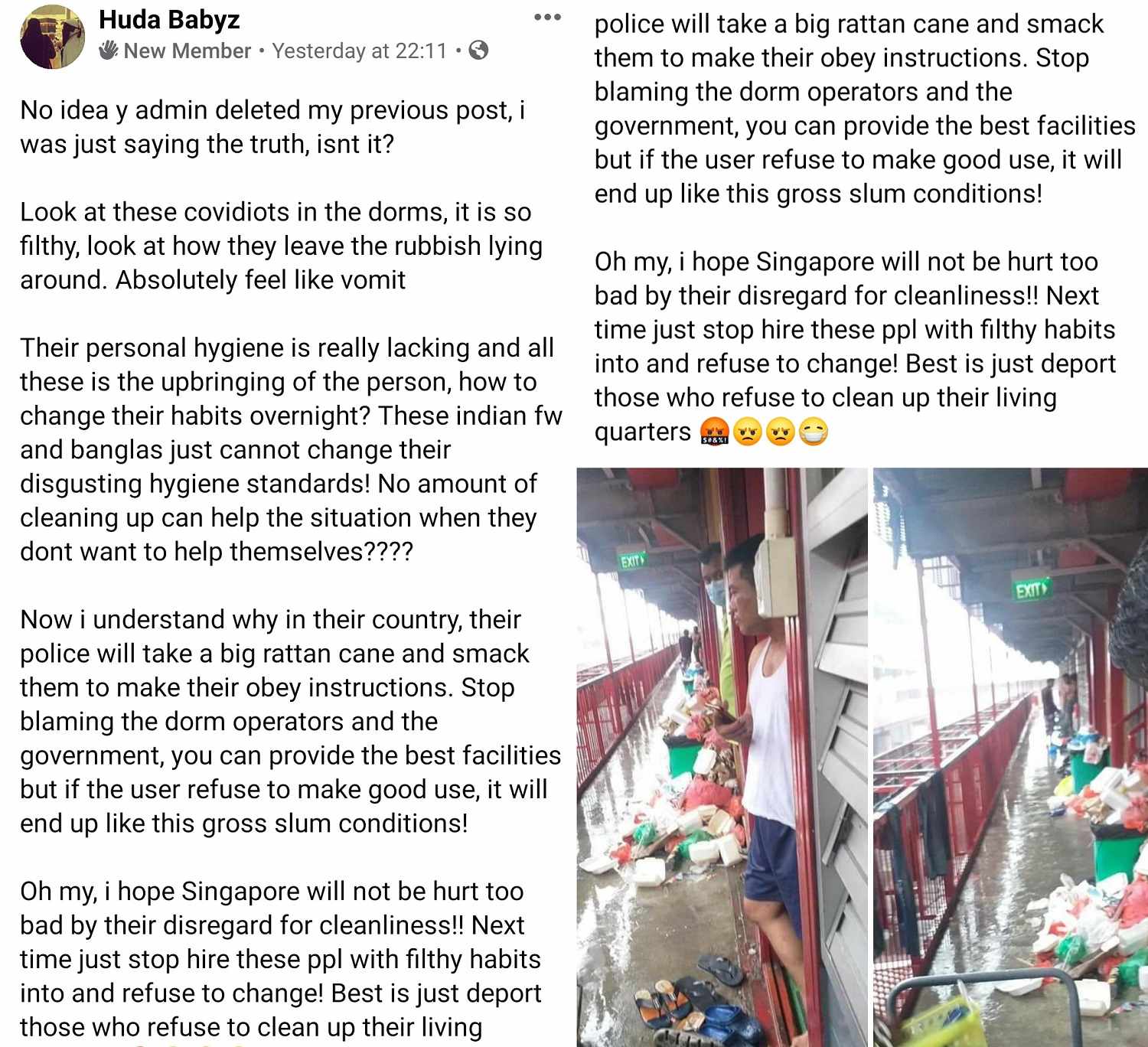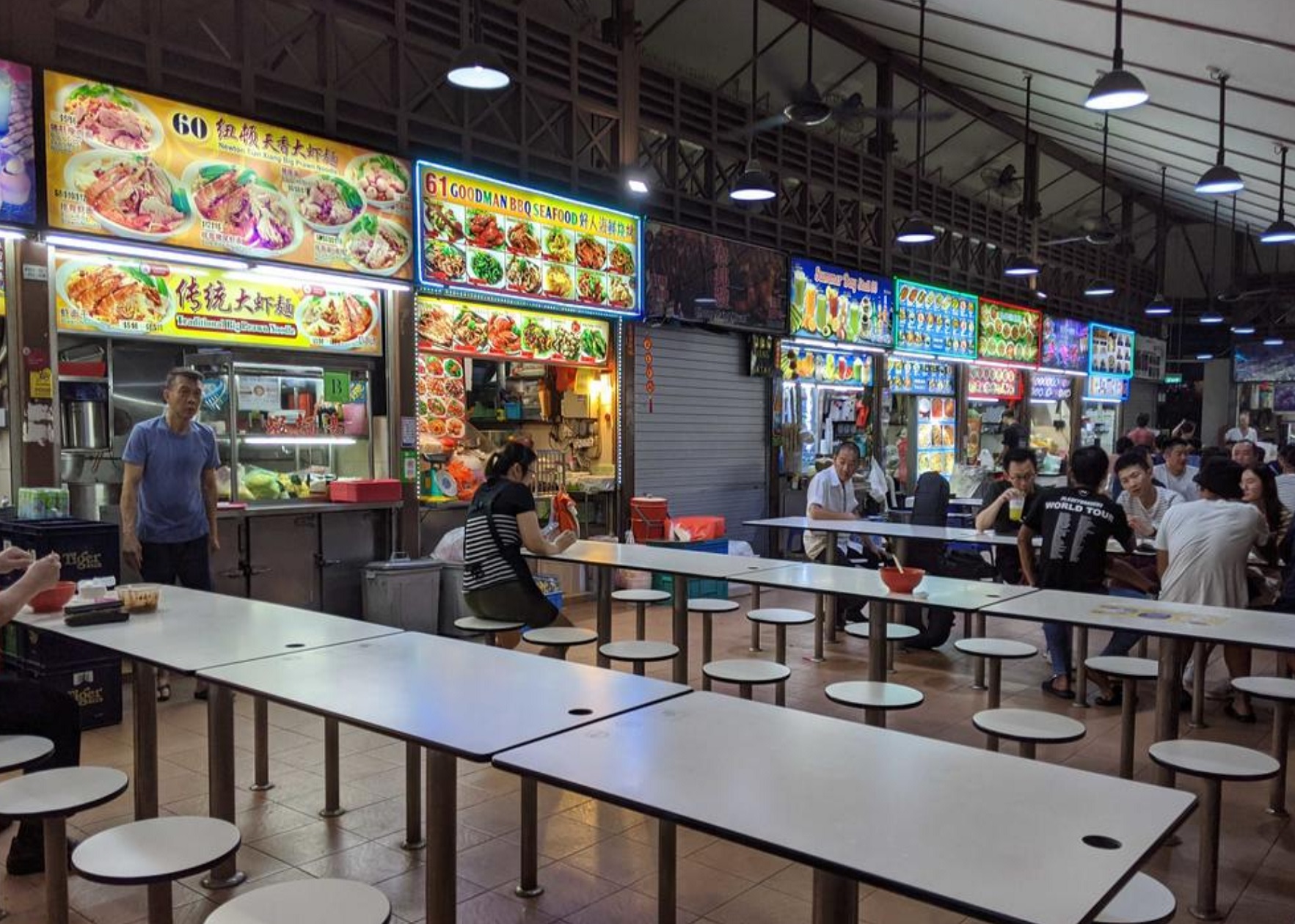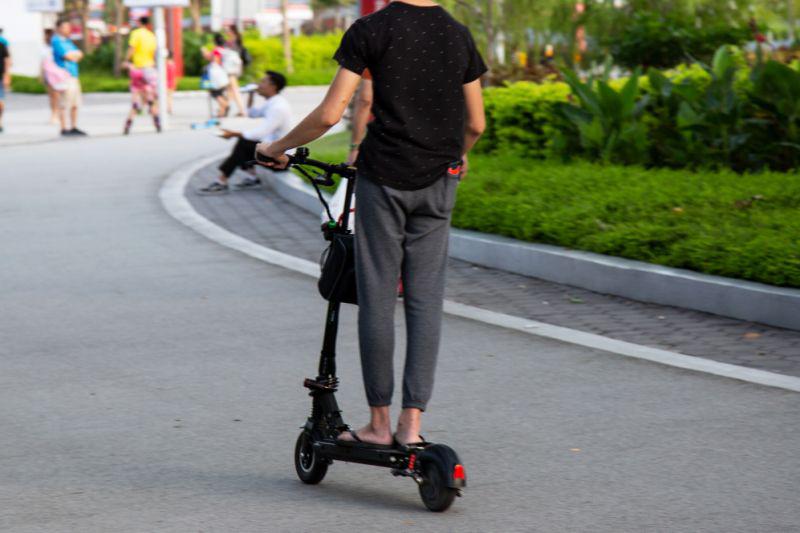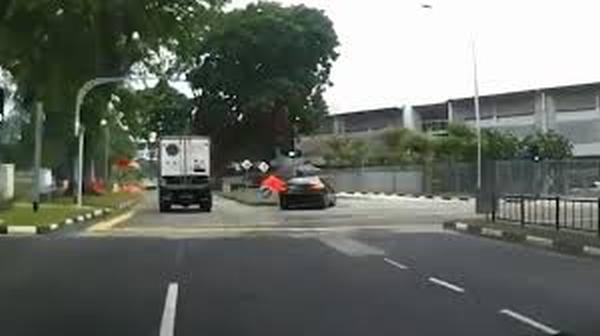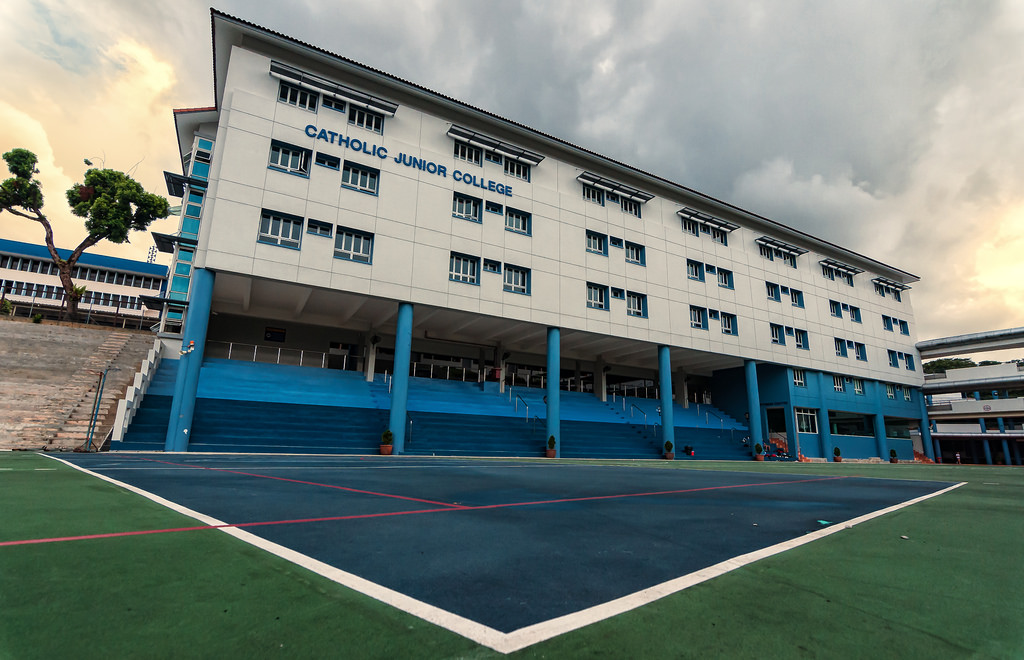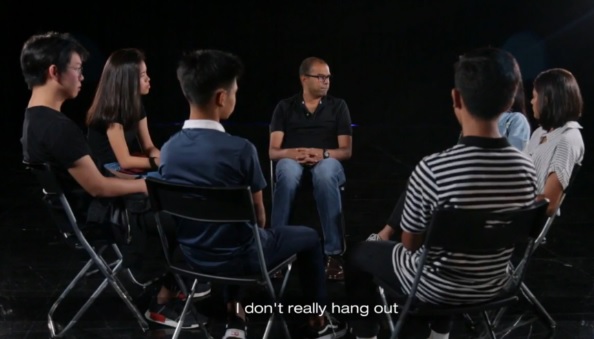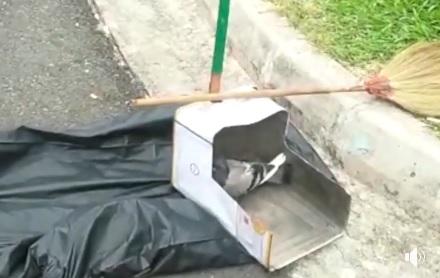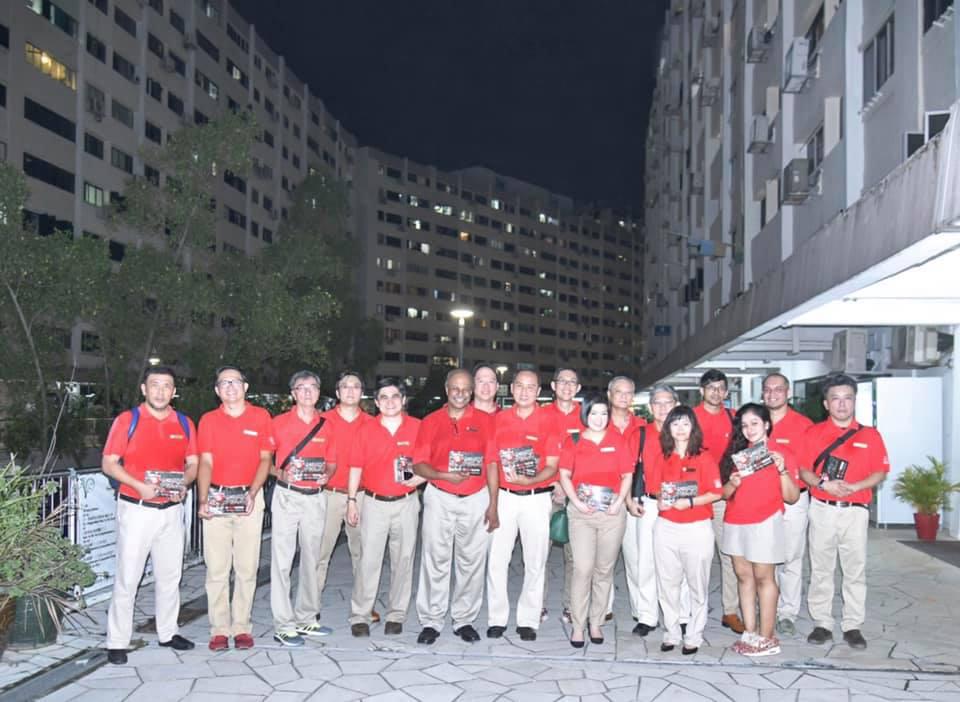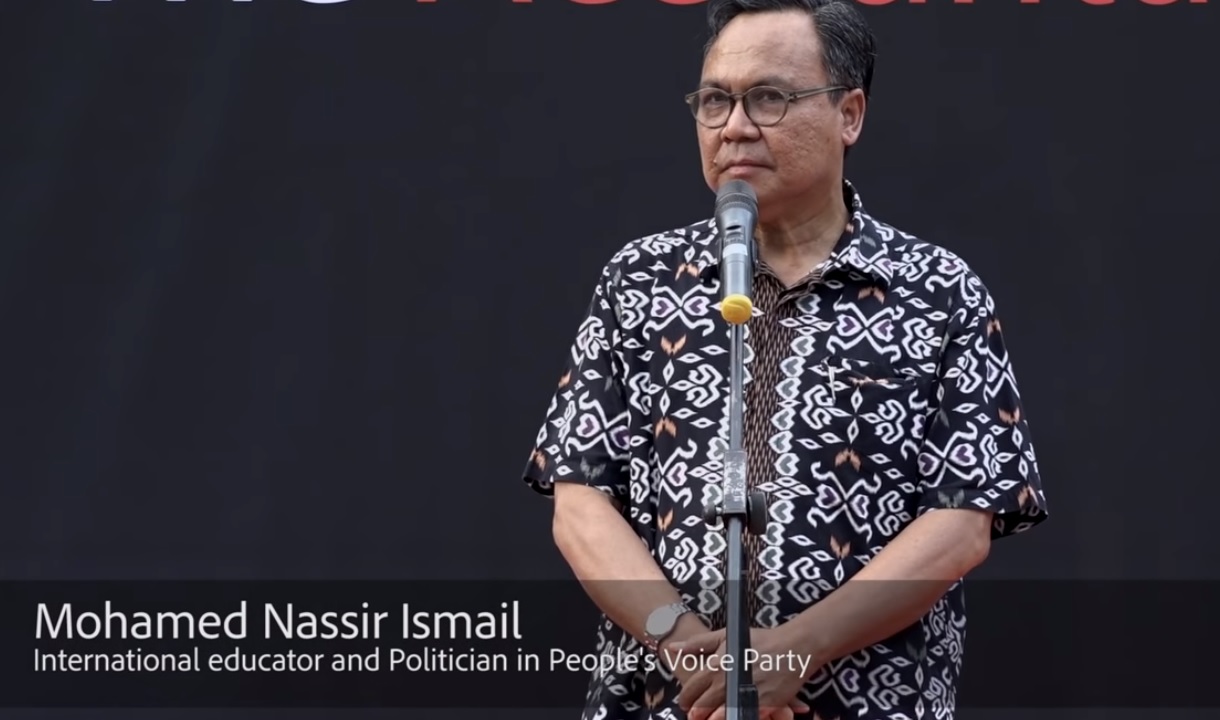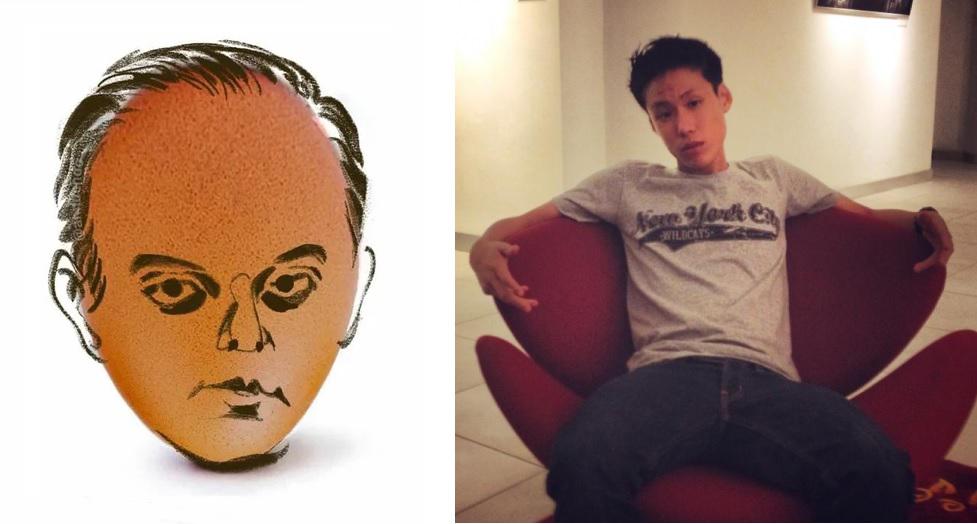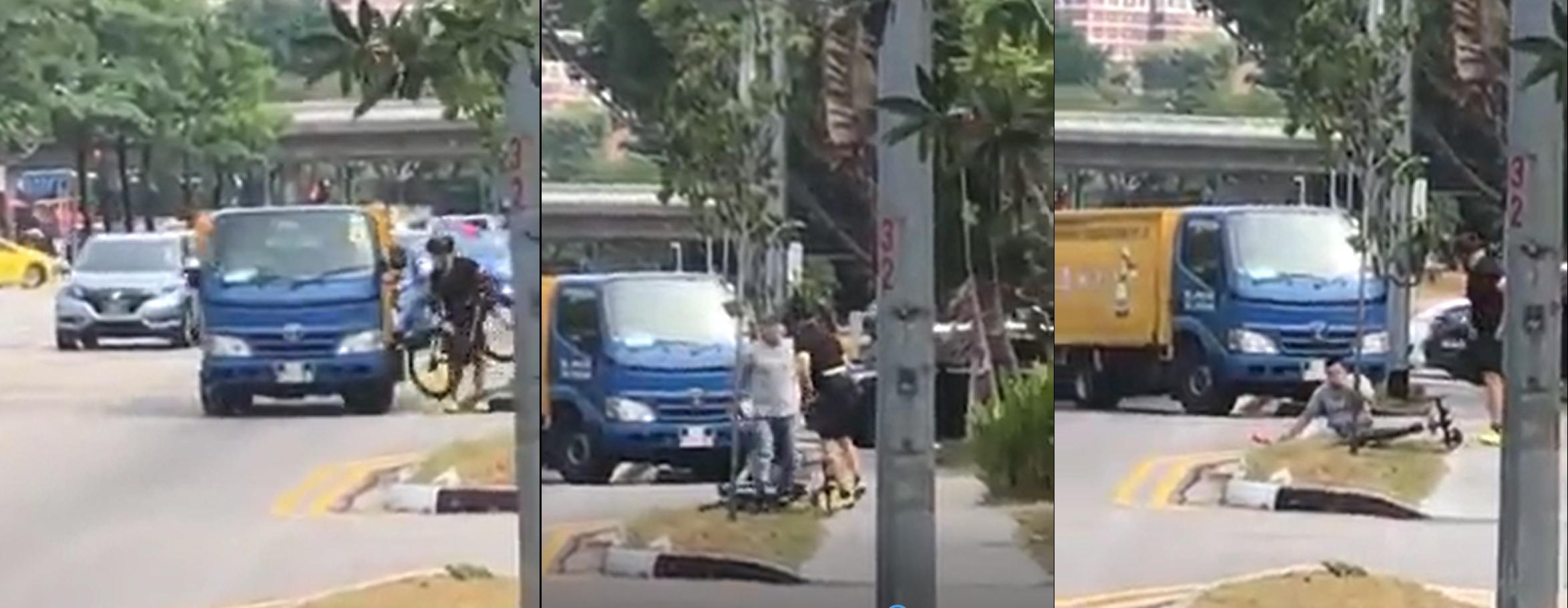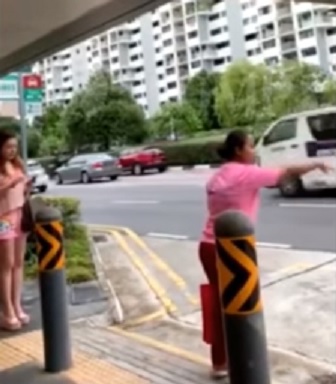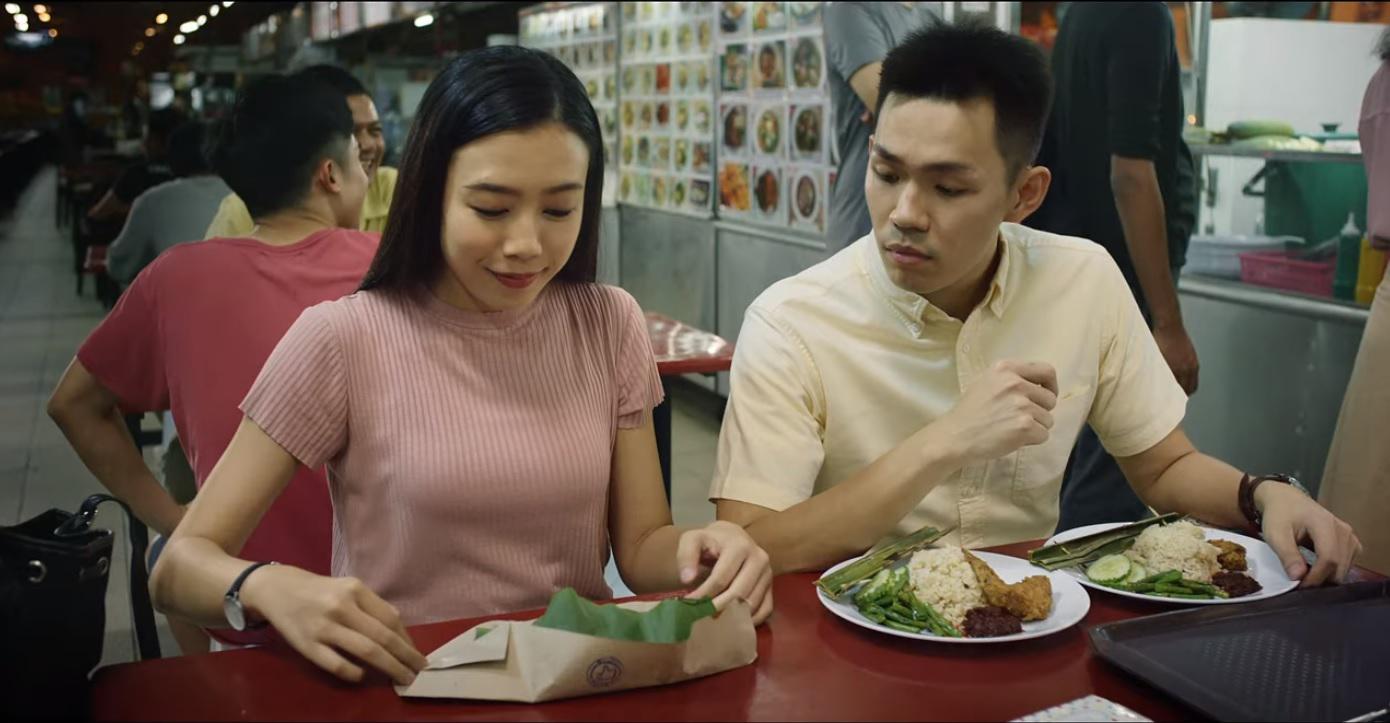Will Lee Hsien Yang Be The Political Hero That Singapore Needs?
So I guess now, all the gloves are off? Unless you've been living in a cave, you would have heard of this bit of salacious news. The Attorney-General's Chambers (AGC) has lodged a complaint with the Law Society against Lee Hsien Loong's sister-in-law, Lee Suet Fern (Suet Fern). She is, of course, the wife of Lee Hsien Yang, the brother of the PM.
The complaint was in relation to a case of possible "professional misconduct" with regard to her preparation of the final will of Lee Kuan Yew. Specifically, AGC claimed that Suet Fern purportedly "prepared the Last Will LKY and arranged for LKY to execute it, despite the fact that her husband, Hsien Yang, is one of the beneficiaries under the Last Will". This, AGC noted, placed her in a position of conflict.
The Lee siblings (including sister, Dr Lee Wei Ling) have been at odds as to what to do with the home of their parents at Oxley Road. Family members have weighed in on the issue through both mainstream and social media platforms. There appears to be no turning back and no repairs of this widening rift in the family.
Now that his wife is firmly in the sights of the AGC, Hsien Yang may finally put his foot down and be what many Singaporeans want him to be - a Mahathir-like figure with elan and authority that can save Singaporeans from the PAP. He has already proven to be a courageous man who stands up for what he believes in, supporting Leong Sze Hian in the defamation against him filed by Hsien Loong.
Hsien Yang is a leader who commands the authority of the masses not through some "divine right" or "natural aristocracy" but through his humility and ability to connect with people. Those who served under him in the army had good things to say about him. Hsien Yang was a Brigadier-General, just like Hsien Loong.

Singaporeans are sick and tired of the elitist who wayang and are not connected to the ground. Just as Singaporeans clamoured for Dr Tan Cheng Bock, Singaporeans are now clamouring for Hsien Yang to stand up to unite Singaporeans against an arrogant, out-of-touch, PAP.
If you are reading this Hsien Yang, will you heed our call?
The writer, Kelvin, has no time for dramas but a lot of time for change.
